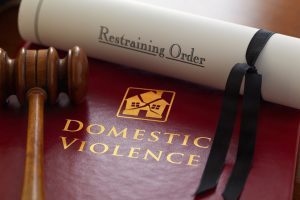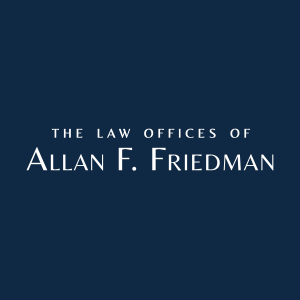 In Connecticut domestic violence cases, people usually expect the case to be about an adult allegation — assault, threatening, disorderly conduct, breach of peace.
In Connecticut domestic violence cases, people usually expect the case to be about an adult allegation — assault, threatening, disorderly conduct, breach of peace.
But when police believe a child was present, nearby, or exposed to the incident in any way, they sometimes add a second charge that changes the entire posture of the case:
 Connecticut Criminal Lawyer Blog
Connecticut Criminal Lawyer Blog


 From screenshot to courtroom: what really happens in CT
From screenshot to courtroom: what really happens in CT Strangulation — What You Need to Know if You Were Arrested
Strangulation — What You Need to Know if You Were Arrested Many good people make silly mistakes
Many good people make silly mistakes








